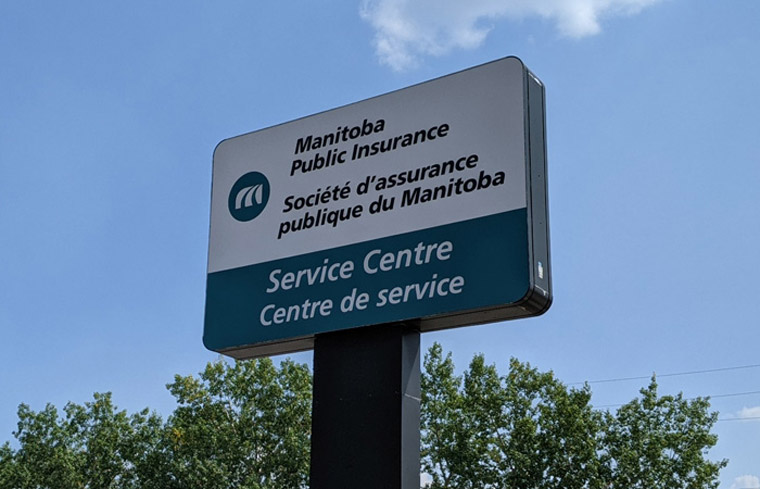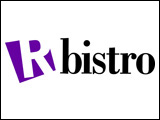Manitoba Public Insurance (MPI) is closing off Project Nova and adopting an industry best practice approach to address its technical requirements, which allows for flexibility and adaptive methods to focus on business priorities while maintaining fiscal prudence. The corporation made this critical decision after a thorough review of the remaining work from Nova along with the learnings from the past, and an in-depth assessment of all IT requirements for the corporation.
“Simply put, it was determined that staying on the current path would not be responsible, nor in the best interest of Manitobans,” said Satvir Jatana, President and CEO of MPI. “The program was not structured for success, and we have done the work to understand why. That said, the need to replace the aging technology that supports Manitoba’s public auto insurance model still exists. We are taking a more pragmatic approach to this work, modelled after industry best practice and with regular reporting intervals built in to ensure we remain accountable to Manitobans.”
MPI will break down the replacement needs for its legacy systems into stand-alone projects to allow the Corporation to plan, cost, and deliver each initiative with clear timelines and accountability. The focus will be on ensuring each project has reasonable timelines of 12-24 months.
This new approach will allow the Corporation to concentrate on the technological needs of the organization and its customers, ensuring projects are prioritized and delivered within reasonable timelines. This path forward emphasizes focused delivery, flexibility to remain adaptable to changing circumstances and priorities, improved budgeting, forecasting and improved procurement to prevent wastage and overcommitment to vendors.
To help decrease risk and build additional transparency moving forward, MPI is taking a renewed focus toward the governance structures that oversee this critical work.
“MPI has built in governance at various levels of the organization,” said Christian Dandeneau, Chair of MPI’s Technology Committee of the Board. “In addition to a robust internal structure, the Board has direct visibility and oversight of the work being done through the Technology Committee. In addition, we continue to work with an independent third party to provide external governance. This will lead to clearer decision-making accountabilities with more assigned responsibility to ensure the work stays on track to deliver for all Manitobans.”
The leadership team at MPI is committed to modernizing MPI’s technology systems to continue to protect customer data, and to enable MPI to explore new ways of delivering services to customers.
“Project Nova was not working, and I commend the leadership team at MPI for digging in to understand why, and for developing a new way forward. This new approach is realistic, aligns with industry standards and is fully supported by the Board,” said Carmen Nedohin, Chair of MPI’s Board of Directors. “The meticulous planning and structuring that has gone into the plan shows this leadership team is committed to moving MPI forward while ensuring that lessons learned are integrated into this new path.”
MPI acknowledges the Auditor General’s review of Project Nova that the government requested on June 4. The Corporation will cooperate fully with the audit and looks forward to how the results can shape our work moving forward.





